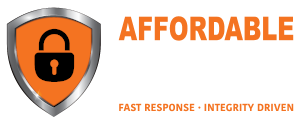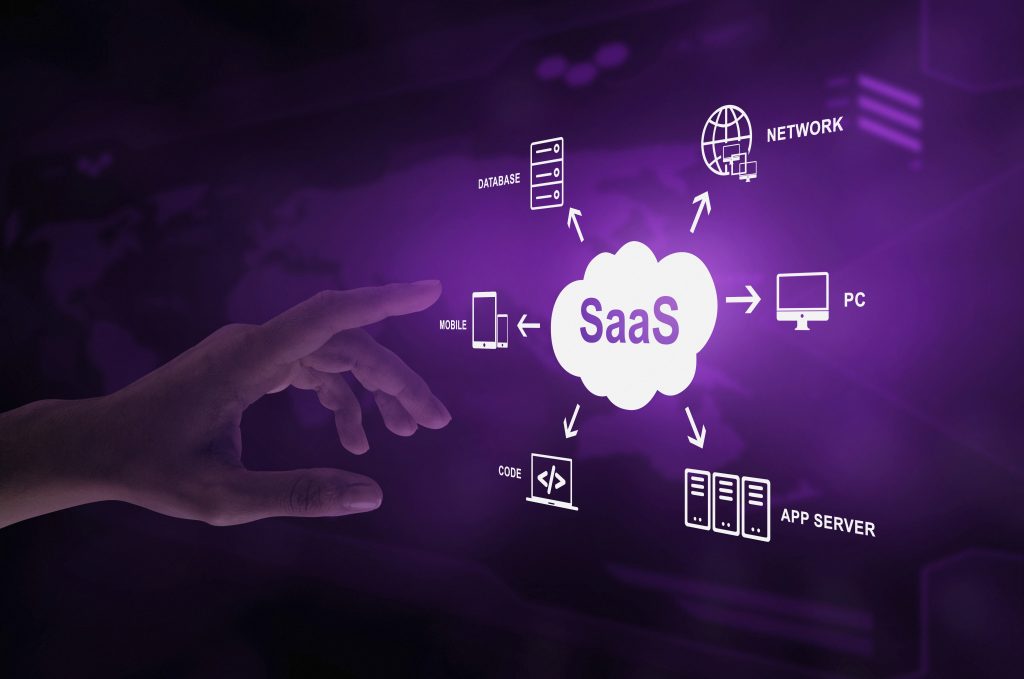In today’s digital landscape, software is the backbone of most businesses. Managing software efficiently is critical for maintaining productivity and staying competitive. Software as a Service (SaaS) solutions have emerged as a game-changer in this regard. In this blog post, we’ll explore how SaaS solutions revolutionize software management.
The Software Management Challenge
The Diversity of Software
Modern businesses rely on a plethora of software applications for various functions, from project management to customer relationship management and beyond. Managing these diverse tools can be overwhelming.
Updates and Maintenance
Software requires regular updates, security patches, and maintenance. Keeping track of these tasks across multiple applications can be time-consuming and prone to errors.
Collaboration and Integration
Efficient collaboration often necessitates the integration of different software tools. Ensuring seamless integration can be complex and may require custom development.
The Rise of SaaS Solutions for Software Management
Centralized Management
SaaS solutions provide a centralized platform for software management. Instead of juggling multiple applications and vendors, businesses can access and manage their software from a single dashboard.
Automatic Updates
One of the key benefits of SaaS solutions is automatic updates. SaaS providers handle updates and maintenance, ensuring that businesses always have access to the latest software versions and security patches.
Scalability
SaaS solutions are scalable, allowing businesses to add or remove users, features, and applications as needed. This flexibility supports growth and changing business requirements.
Accessibility and Remote Work
SaaS solutions are accessible from anywhere with an internet connection. This makes them ideal for remote work scenarios, enabling employees to use the software they need, whether in the office or at home.
Integration Capabilities
Many SaaS solutions offer built-in integrations with other popular software applications. This streamlines collaboration and data sharing across different tools, enhancing productivity.
Cost-Efficiency
SaaS solutions often operate on a subscription-based model, eliminating the need for upfront capital expenditures. This can be cost-effective for businesses, especially small and medium-sized enterprises.
Use Cases of SaaS Solutions for Software Management
Project Management
SaaS project management tools like Asana, Trello, or Monday.com simplify project planning, collaboration, and tracking.
Customer Relationship Management (CRM)
CRMs like Salesforce and HubSpot provide a centralized platform for managing customer interactions, sales, and marketing efforts.
Office Productivity
SaaS office suites like Microsoft 365 and Google Workspace offer essential tools for document creation, communication, and collaboration.
Accounting and Finance
SaaS accounting software such as QuickBooks and Xero streamlines financial management tasks like invoicing, expense tracking, and reporting.
HR and Payroll
HR and payroll SaaS solutions like Gusto and BambooHR assist in managing human resources, payroll processing, and employee data.
SaaS solutions for software management have transformed the way businesses handle their software needs. By providing centralized management, automatic updates, scalability, and cost-efficiency, SaaS solutions enable organizations to focus on their core operations while leaving software management to experts. In a world where software is integral to business success, leveraging SaaS solutions for software management is not just a convenience—it’s a strategic advantage that empowers businesses to stay agile, competitive, and responsive to evolving market demands.
SCHEDULE your FREE technology audit and DOWNLOAD our FREE cybersecurity eBook today!






